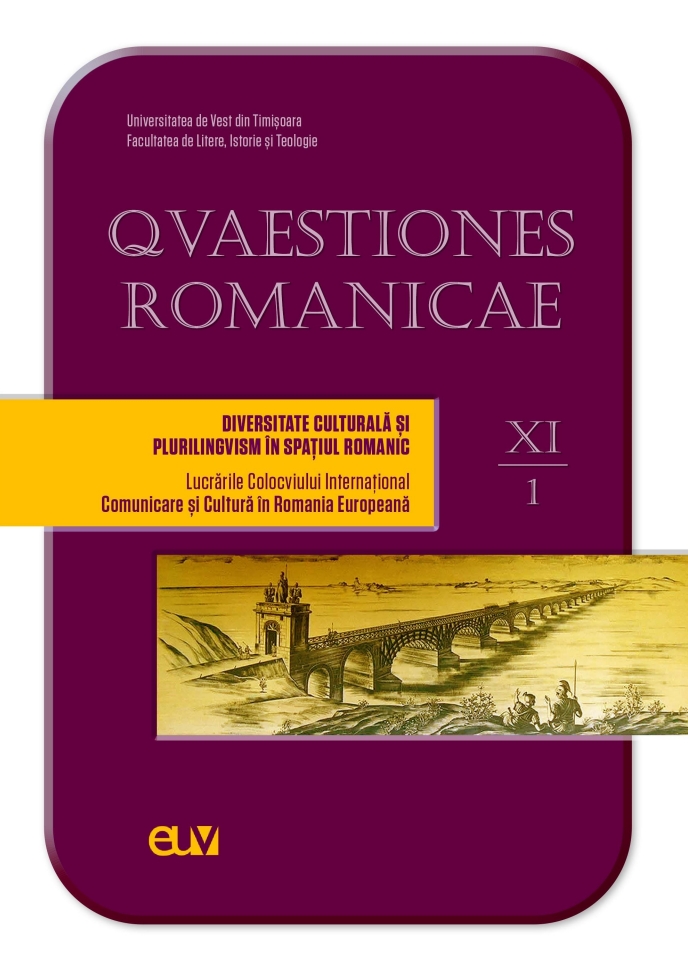Identitate și memorie în romanul lui Oleg Serebrian Woldemar
Identity and memory in Oleg Serebrian’s novel Woldemar
Author(s): Gabriela-Emilia MerceSubject(s): History, Language and Literature Studies, Cultural history, Studies of Literature, Recent History (1900 till today), Post-War period (1950 - 1989)
Published by: Universitatea de Vest din Timişoara
Keywords: identity; memory; childhood; narrative discourse; linguistic code;
Summary/Abstract: Oleg Serebrian, a Bessarabian novelist, points out that cultural identity is supported by the language of expression, the past and the interference with the other. In his second novel, Woldemar, cultural and linguistic diversity is highlighted by the identity of the main character. In this context, the authenticity of the world results from the creation of a cultural, linguistic and social code, accepted by each side, since the set of identified values allows for identity knowledge. Oleg Serebrian creates a historical framework to present individual destinies, marked by what happens in the plane of their reality, a reality that outlines a cultural and linguistic diversity. In fact, if in the interwar period, Cernăuți was a multicultural center, an image outlined by Oleg Serebrian in his first novel, in his second novel, the city is marked by changes of power, which supports a fear regarding the expression of identity, of the personal past. Therefore, descending into Woldemar’s intimacy, Oleg Serebrian presents the game between the existent and the imagined, by reference to Woldemar’s childhood, the one whose identity is defined by the historical, social and political context. Thus, Woldemar, since childhood, seeks to discover what lies beyond what is seen. He is looking for a world that does not impose limits.
Journal: Quaestiones Romanicae
- Issue Year: XI/2024
- Issue No: 1
- Page Range: 345-351
- Page Count: 7
- Language: Romanian

